Bodrum is a charming coastal town situated in southwestern Turkey. The fascinating history of this popular destination is closely intertwined with the lives of numerous famous individuals and historical figures. These remarkable people have played a significant role in shaping Bodrum’s cultural heritage and have made substantial contributions to the town’s development over time.
Notable historical personalities have great importance as they help us to understand the evolution of civilizations and cultures. Their lives give us a glimpse into the social, political, and artistic environment of their time. Furthermore, their ideas and accomplishments continue to inspire and influence us today, serving as a reminder of the impact that a single person can have on society.
Bodrum’s historical figures are particularly significant as they have shaped the town’s distinct identity and essence. From the ancient historian Herodotus to the renowned writer Cevat Sakir Kabaagacli, these individuals are still cherished by the residents of today’s Bodrum.
Bodrum’s Everyday Heroes
Bodrum is a passion for many people, including myself. You see, I have a website about Bodrum even though I don’t live there! I don’t know for sure what Mausolus, the ancient ruler, thought when he first laid eyes on Bodrum, but he eventually made the decision to move the capital from Mylasa to Halicarnassus, right?
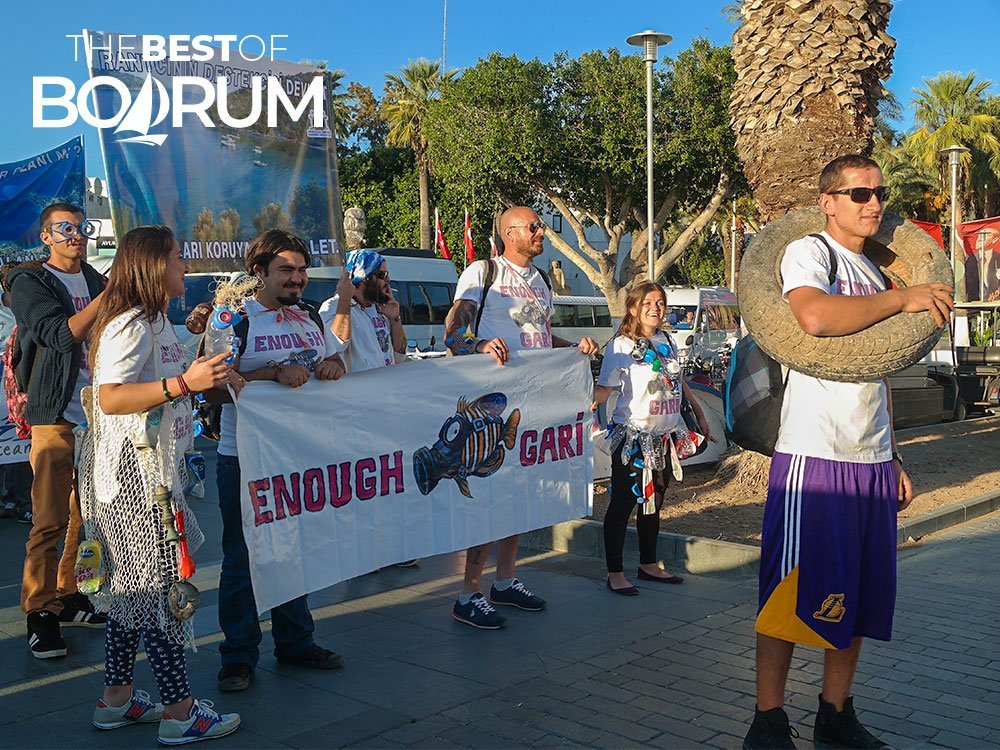
And what about Cevat Sakir Kabaagacli? He is one of the historical figures who played a significant role in shaping the destiny of this poor fishing village. Living in such a remote place was his punishment for an article he wrote in a newspaper. However, when he arrived, he forgot all about his sentence and started exploring the area, studying its past and present. As a result, he created the renowned blue cruises, a once in a lifetime adventure, to contribute to the local economy.
The passion and inspiration that Bodrum provides have always been the common ground for those who fall in love with this town. This was true in the past, and it remains true today.
In reality, there are many more people who work tirelessly day and night to make Bodrum a better place. These people are the heroes who fight to protect the natural beauty and cultural values of this popular touristic destination. They stand against the forces of so-called modernization and greedy investors who only seek to exploit its potential for profit. They are true admirers of Bodrum.
Their dedication stems from their love for this ancient lands. I have personally witnessed the incredible efforts of locals, non-profit organizations, and even tourists like yourself to preserve the natural, historical, and cultural richness of this old town. I just want to express my sincere gratitude to all of them for their exceptional hard work and determination.
Time Travelers: Bodrum’s Influential Historical Figures
In the long history of Bodrum, there have been many famous people and historical figures who have been associated with this Aegean town. These individuals have made significant contributions to Bodrum’s development and have helped it become a well-known touristic and cultural destination in Turkey.
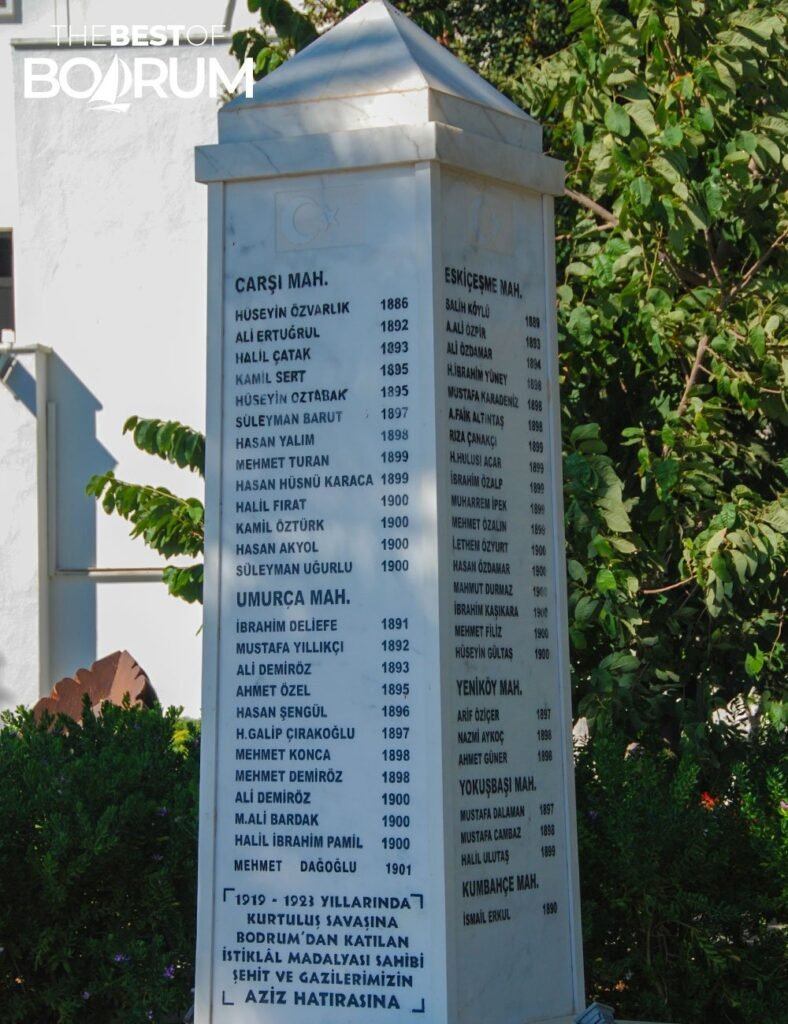
These historical figures are deeply rooted in the local culture and continue to hold a special place in the hearts of the people. They are often mentioned in casual conversations among locals. However, I believe that they deserve more recognition from the present-day community. While their names may be known in the narrow streets of Bodrum, only a few people are aware of their accomplishments and why they are important.
This lack of awareness is not the fault of the locals. The Ministry of Culture and Tourism and the local governments should do more to show our appreciation for these remarkable individuals. Many of them are hardly represented in the museums, or anything else reflecting the historical background of Bodrum. For instance, Zeki Muren has a museum, but it is privately owned. As for Mausolus, there is only one statue in Bodrum to commemorate him. These historical figures are important for establishing a stronger identity and enhancing the brand value of Bodrum. Unfortunately, we have missed this opportunity for many years.
I believe it is important to learn about these exceptional personalities in order to understand the local culture and Turkey as a whole. Furthermore, I consider it my duty to keep their names alive by mentioning them whenever possible and sharing their stories.
Herodotus, The Man Who Put Bodrum on the Map
Herodotus, an ancient Greek historian, was born in the city of Halicarnassus, today’s Bodrum, in the 5th century BC. He is known as the Father of History because he was the first historian to bring scientific approach to studying history.
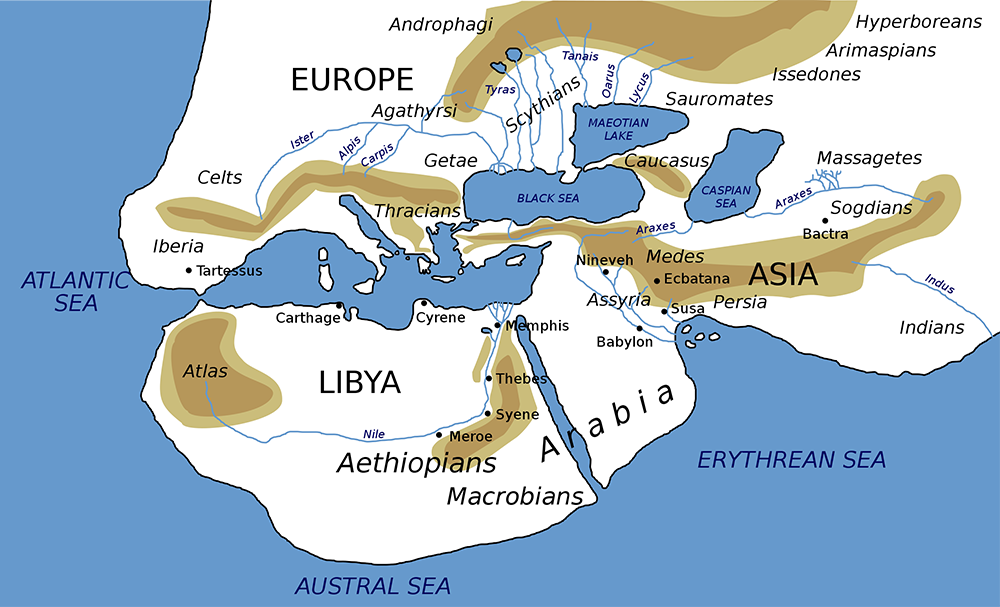
Due to his family’s involvement in the political unrest in Halicarnassus, Herodotus left the town and started his journeys to lesser-known parts of the Mediterranean and Near East. During his travels, he collected valuable information about the various cultures and civilizations of his time.
His monumental work, Histories, has made him as one of the most influential historical figures of all times. Consisting of 9 books, Histories has become a fundamental source for our understanding of the ancient world.
A Visionary, The Fishermen of Halicarnassus
Cevat Sakir Kabaagacli, also known as the Fisherman of Halicarnassus, was a Turkish writer, historian, journalist, and environmentalist. Through his efforts, Bodrum transformed from a simple fishing village to a traveller’s paradise.
The life of the Fisherman of Halicarnassus was truly an adventure. Born in Crete as the son of an Ottoman Pasha, he was sent to Oxford University for higher education. However, he decided to leave his studies and marry an Italian woman before coming back to his homeland.
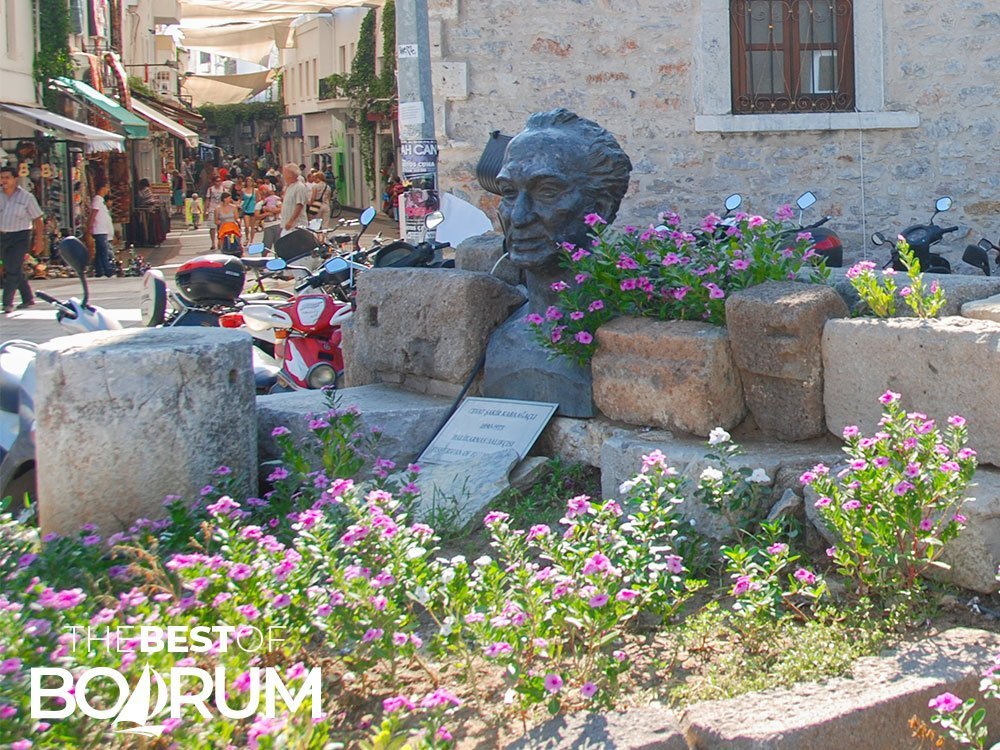
Eventually, a series of events led him to a small village called Bodrum. As one of his poets once said, “You’ll never be the same after visiting Bodrum,” and that’s exactly what happened to him. He saw the potential, used his contacts to promote the town internationally, and even created world-class blue cruises. He changed the town forever, making him the most significant historical figure in Bodrum’s history.
Zeki Muren, The Pasha of Bodrum
Zeki Muren was a very important figure in classical Turkish music. His unique way of performing his art still makes it difficult to find someone who can match him, even many years after his death. He was not only a great singer but also excelled in fashion design, composing music, and acting. His artistry made him famous not only in Turkey but also internationally. Due to his extraordinary personality and talents, Turkish people called him the Sun of Art.
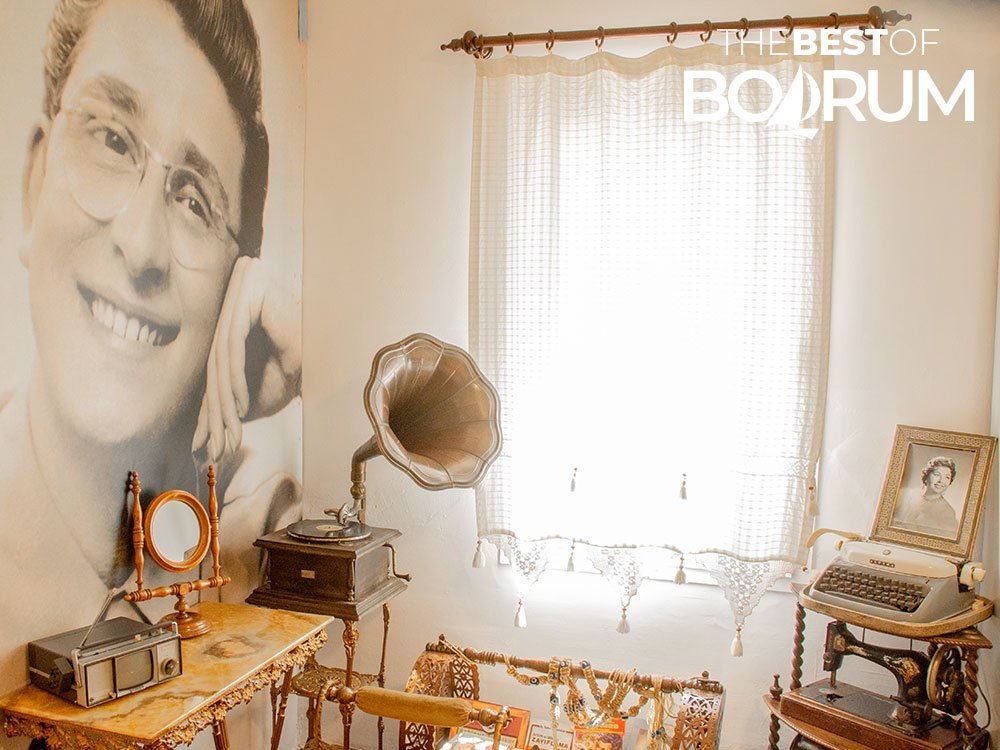
In his search for peace and serenity, Zeki Muren trusted the hospitality of Bodrum, choosing it as his sanctuary. This decision of moving to Bodrum had a significant impact on both the national and local levels. By living there, he created countless cherished memories among the locals and also brought Bodrum into the spotlight, increasing its popularity and reputation as a cultural hub. As a result, locals gave him a second nickname, alongside the Sun of Art, they called him the Pasha of Bodrum.
Mausolus, Historical Figure Who Made His Mark That Last Forever
Mausolus was a ruler of Caria, a region in southwestern Anatolia, which is where Bodrum is located today. He is well-known for starting the construction of his own tomb while he was still alive. Eventually, his tomb became one of the Seven Wonders of the Ancient World, known as the Mausoleum at Halicarnassus.
Mausolus served as the satrap of Caria under the control of the Persian Empire. Satraps were the king’s representatives and had significant administrative autonomy over their territories. Mausolus had a strong desire for beauty and immortality. He was also fond of Greek art and architecture. Therefore, after relocating the capital of Caria from Mylasa to Halicarnassus, he hired Greek architects to beautify the new capital. His most ambitious project was his solution to mortality – his own tomb!
He is undoubtedly one of the few historical figures whose names continue to be used in different languages. The term mausoleum, which refers to the monuments we have been constructing for our beloved ones for centuries, was derived from the name of Mausolus.


